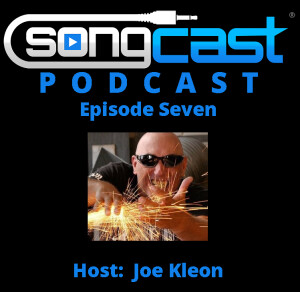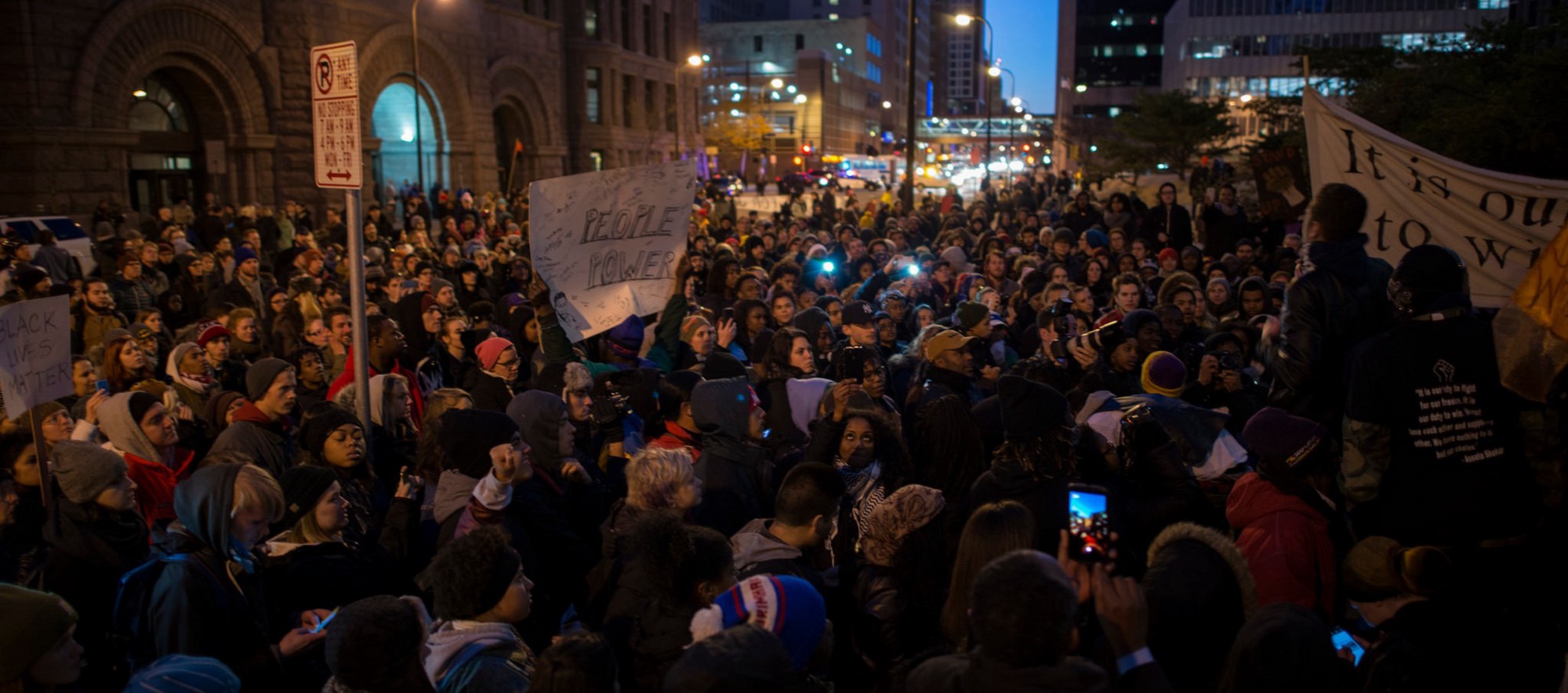This wasn’t the column I was supposed to write. I was working on two other music columns when I opened Twitter and read the news about a mass shooting of police officers in Dallas, Texas during a peaceful march to protest the police killings of two black men last week. There isn’t much I can say about news like this. This isn’t the beat I cover.
I learned years ago that I don’t have much to contribute to the social media commentary that happens in the wake of any violent act. But I’ve also learned from a lifetime of playing music that music is anti-violence. Reminding ourselves of this and playing music is often more constructive than any opinion we can add to the white noise of commentary. Music is doing something. It is a positive contribution. It is a force of good in a violent world.
Four years ago, in the wake of the Sandy Hook school shooting, I ran across a quotation from Leonard Bernstein that I retweeted:
“This will be our reply to violence: to make music more intensely, more beautifully, more devotedly than ever before.”
In the years since, I’ve unfortunately had reasons to tweet that same quotation a few times. I’ve also learned the story of its origin in the act of passing it on.
On November 22, 1963, Leonard Bernstein was involved in his usual business as the Music Director of the New York Philharmonic when the Philharmonic’s librarian heard on the radio that President John Kennedy had been shot in Dallas and interrupted Bernstein’s meeting with the news. Bernstein knew Kennedy. He had composed and conducted a fanfare for Kennedy’s inaugural gala. The two had met many times.
The day after Kennedy’s assassination, CBS President Frank Stanton asked Bernstein if he would prepare a memorial program for the following day. Bernstein’s staff discussed which music to play in the program and eventually decided upon Brahms’ Deutsches Requiem, going so far as to secure the score and parts from a nearby music store.
On November 24, Bernstein conducted the New York Philharmonic in a national televised memorial for President Kennedy. They did not play Brahms’Requiem, nor the funeral march from Beethoven’s Eroica as was often customary for such events, nor any requiem at all. Bernstein conducted the orchestra and choir in a performance of Mahler’s Symphony No. 2, theResurrection Symphony.
The next evening Bernstein spoke at the annual fundraiser for the United Jewish Appeal of Greater New York, the “Night of Stars” at Madison Square Garden. The event had become a memorial for President Kennedy. Bernstein delivered these remarks on his decision to perform the Resurrection Symphony. Most of them can be applied to the emotions we’re all feeling today.
Last night the New York Philharmonic and I performed Mahler’s Second Symphony — The Resurrection — in tribute to the memory of our beloved late President. There were those who asked: Why the Resurrection Symphony, with its visionary concept of hope and triumph over worldly pain, instead of a Requiem, or the customary Funeral March from the Eroica? Why indeed? We played the Mahler symphony not only in terms of resurrection for the soul of one we love, but also for the resurrection of hope in all of us who mourn him. In spite of our shock, our shame, and our despair at the diminution of man that follows from this death, we must somehow gather strength for the increase of man, strength to go on striving for those goals he cherished. In mourning him, we must be worthy of him.
…
It is obvious that the grievous nature of our loss is immensely aggravated by the element of violence involved in it. And where does this violence spring from? From ignorance and hatred — the exact antonyms of Learning and Reason. Learning and Reason: those two words of John Kennedy’s were not uttered in time to save his own life; but every man can pick them up where they fell, and make them part of himself, the seed of that rational intelligence without which our world can no longer survive. This must be the mission of every man of goodwill: to insist, unflaggingly, at risk of becoming a repetitive bore, but to insist on the achievement of a world in which the mind will have triumphed over violence.
We musicians, like everyone else, are numb with sorrow at this murder, and with rage at the senselessness of the crime. But this sorrow and rage will not inflame us to seek retribution; rather they will inflame our art. Our music will never again be quite the same. This will be our reply to violence: to make music more intensely, more beautifully, more devotedly than ever before. And with each note we will honor the spirit of John Kennedy, commemorate his courage, and reaffirm his faith in the Triumph of the Mind.
This weekend, next week, in the coming weeks, months, years, pick up your instrument. Reply to violence with song and music. Get together with some friends and play privately or play loudly in public. Do what you can to help Learning and Reason triumph over ignorance and hatred. Sing, play, and harmonize more intensely, more beautifully, and more devotedly than ever before.
—
Photograph by Fibonacci Blue licensed under the Creative Commons












































Comments
No comment